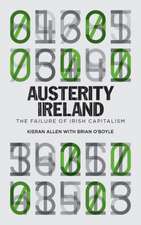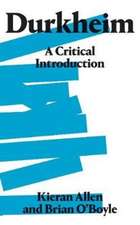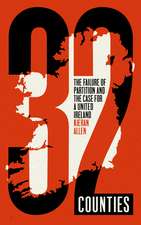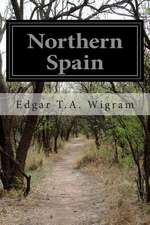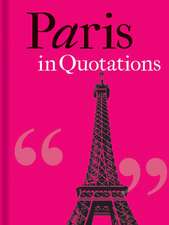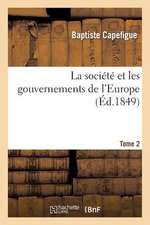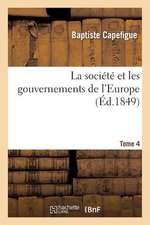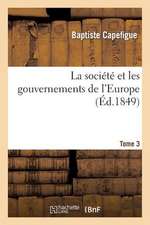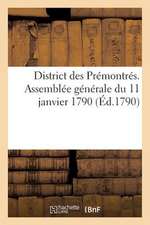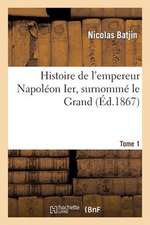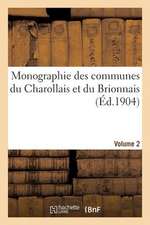1916: Ireland's Revolutionary Tradition
Autor Kieran Allenen Limba Engleză Paperback – 19 ian 2016
The Easter Rising of 1916, in which just over a thousand Irish rebels seized key locations in Dublin and proclaimed the independence of the Irish Republic before being brutally suppressed by the vastly larger and better-equipped British Army, is an event whose meaning remains contested to this day. For some it represents a blood sacrifice without the hope—or even the intention—of success. For others, it was the first act in a tumultuous political drama played out in Dublin streets and London cabinet rooms that led to the eventual formation of an independent Irish state.
In 1916, Kieran Allen argues that this pivotal moment in Irish history has been obscured by those who see it only as a prelude for a war of independence. Emphasizing an often ignored social and political radicalism at the heart of the rebellion, he shows that it gave birth to a revolutionary tradition that continues to haunt the Irish elite. Socialist aspirations mixed, and sometimes clashed, with the republican current, but both were crushed in a counterrevolution that accompanied the Anglo-Irish treaty of 1921. The result today is a partitioned Ireland that acts as a neoliberal tax haven for multinational corporations—a state of affairs quite alien to both Connolly’s and Pearse’s vision.
Published to coincide with the Rising’s centennial, 1916: Ireland’s Revolutionary Tradition re-establishes the political role of socialist republican figures, offers a highly accessible history of the Easter Rising, and explores the militancy and radicalism that continues to haunt the Irish elite one hundred years later.
In 1916, Kieran Allen argues that this pivotal moment in Irish history has been obscured by those who see it only as a prelude for a war of independence. Emphasizing an often ignored social and political radicalism at the heart of the rebellion, he shows that it gave birth to a revolutionary tradition that continues to haunt the Irish elite. Socialist aspirations mixed, and sometimes clashed, with the republican current, but both were crushed in a counterrevolution that accompanied the Anglo-Irish treaty of 1921. The result today is a partitioned Ireland that acts as a neoliberal tax haven for multinational corporations—a state of affairs quite alien to both Connolly’s and Pearse’s vision.
Published to coincide with the Rising’s centennial, 1916: Ireland’s Revolutionary Tradition re-establishes the political role of socialist republican figures, offers a highly accessible history of the Easter Rising, and explores the militancy and radicalism that continues to haunt the Irish elite one hundred years later.
Preț: 163.76 lei
Nou
Puncte Express: 246
Preț estimativ în valută:
31.33€ • 32.72$ • 25.93£
31.33€ • 32.72$ • 25.93£
Carte tipărită la comandă
Livrare economică 04-18 aprilie
Preluare comenzi: 021 569.72.76
Specificații
ISBN-13: 9780745336329
ISBN-10: 0745336329
Pagini: 224
Dimensiuni: 127 x 197 x 23 mm
Greutate: 0.25 kg
Editura: PLUTO PRESS
Colecția Pluto Press
ISBN-10: 0745336329
Pagini: 224
Dimensiuni: 127 x 197 x 23 mm
Greutate: 0.25 kg
Editura: PLUTO PRESS
Colecția Pluto Press
Notă biografică
Kieran Allen is a sociology lecturer at University College Dublin. His books include Marx and the Alternative to Capitalism and Max Weber: A Critical Introduction, both published by Pluto Press.
Cuprins
Preface
1: Ireland Turned Upside Down
2: 1916: Armed Insurrection
3: The Irish Revolution
4: Republicanism and Counter-Revolution
5: A Most Conservative Country
6: The Rise and Fall of radical Republicanism
7: From the Ashes a Phoenix is Born
8: Conclusion
Select Bibliography
Index
1: Ireland Turned Upside Down
2: 1916: Armed Insurrection
3: The Irish Revolution
4: Republicanism and Counter-Revolution
5: A Most Conservative Country
6: The Rise and Fall of radical Republicanism
7: From the Ashes a Phoenix is Born
8: Conclusion
Select Bibliography
Index
Recenzii
"The Easter Rising has been widely mythologised as a handful of visionaries giving their lives to rouse a slumbering nation. But it also represented the ripening of deep-seated contradictions within Irish society. Allen has provided a vivid and vital account of how class shaped the national movement which arose in the wake of the Rising – and thus shaped the Ireland we live in today."
"A fluent, indignant book. Allen frames his argument with straightforward energy, slicing through much of the fog that has sometimes obscured the air in this decade of commemoration."


